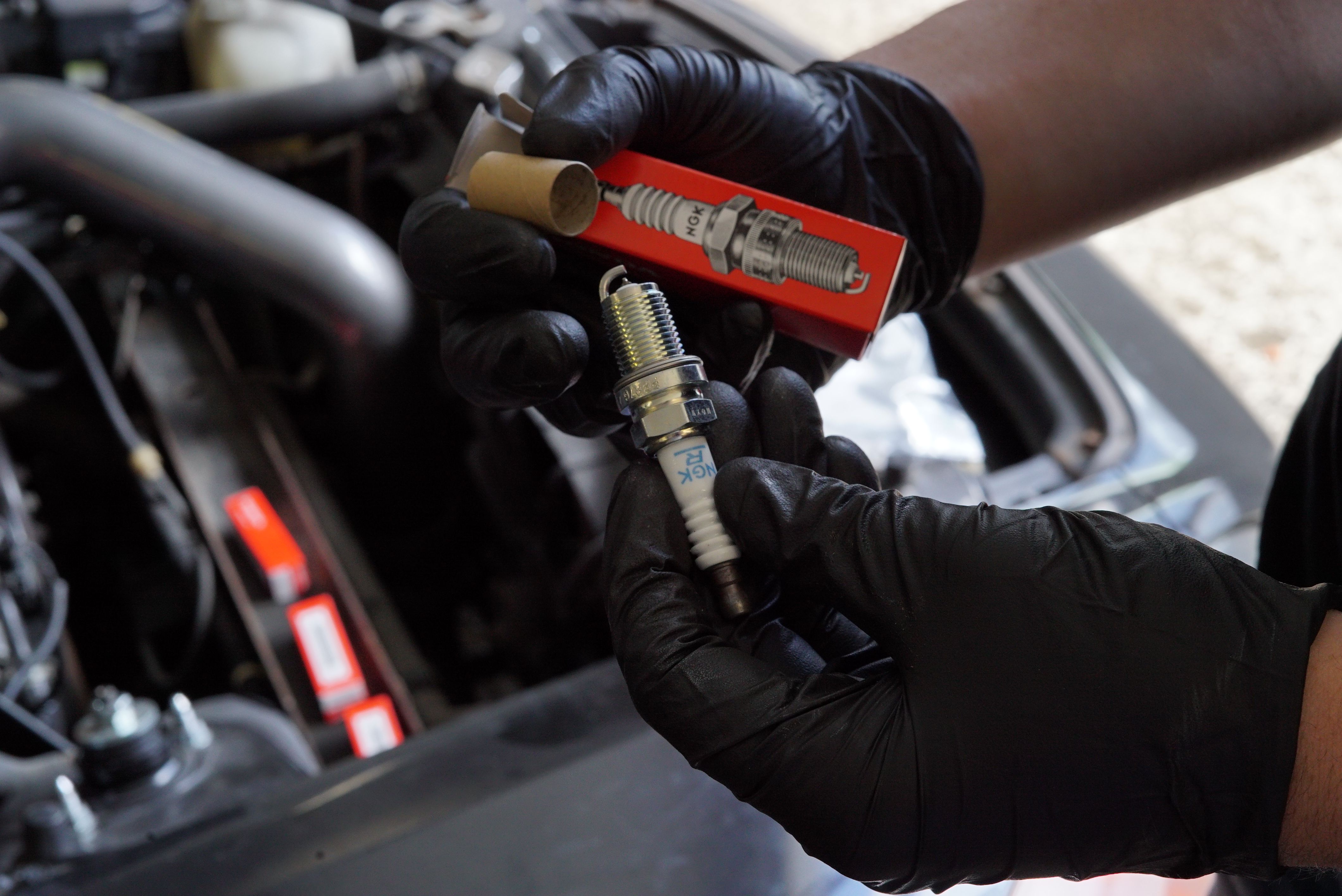Sparking the Diagnosis: A Guide to Testing Your Vehicle’s Spark Plugs

by AutoExpert | 26 October, 2023
Ever held a spark plug while someone cranked up the engine? If yes, you probably remember the shock quite literally! Testing spark plugs is a task that sounds electrically daunting but is crucial for your vehicle’s smooth operation.
Spark plugs are your engine's heartbeat, and when they misfire, it's a call for immediate attention. In this guide, we’ll walk you through the steps to test your spark plugs, ensuring they are in good working condition.

Why Test Spark Plugs? The essence of spark plug testing boils down to ensuring your vehicle's ignition system is functioning optimally. A misfire could be due to lack of spark, which in turn could be due to a faulty spark plug or other electrical components. Before you dive deep into the automotive abyss of repairs, starting with a spark plug test is a smart and economical first step.
Tools and Preparations: Prepare to get a little hands-on; gather your tools and ensure safety by letting the engine cool down. You'll need a Spark Plug Wire Puller, Multimeter, Spark Plug Socket Set, and a known working spark plug for comparison.

Testing Methods: Two straightforward tests can help diagnose the health of your spark plugs: The Grounding Test and The Multimeter Test.
The Grounding Test:
- Disconnect the fuel supply to ensure safety.
- Remove the spark plug wire or coil pack, followed by the spark plug from the cylinder head.
- Connect the spark plug to the plug wire or coil pack and place it on a grounded metal surface.
- Have someone crank the ignition while you inspect for a strong and blue spark. A weak and dull orange spark indicates a problem.
- If there’s no spark, connect a new or known working spark plug and repeat the test.

The Multimeter Test:
- Perform the first three steps of the grounding test.
- Set your multimeter to Ohms and test resistance between probes to ensure accuracy.
- Touch one lead to the terminal on the end of the plug and the other to the center electrode.
- An acceptable resistance reading usually falls between 4,000-8,000 Ohms, but refer to your manufacturer’s specs for precise figures.
Pro Tips:
- A multimeter is an invaluable tool for diagnosing ignition system issues.
- If the spark plug checks out, ensure your spark plug gap is to spec.
- Always check for grounding issues, especially if you have big headers that could melt and ground the plug wires.
Testing your spark plugs is a simple yet effective way to ensure your vehicle's engine runs efficiently and to avoid larger, costlier issues down the line. By following this guide, you’ll not only become more familiar with your vehicle's electrical system but also ensure that your journeys remain uninterrupted by misfires.

















